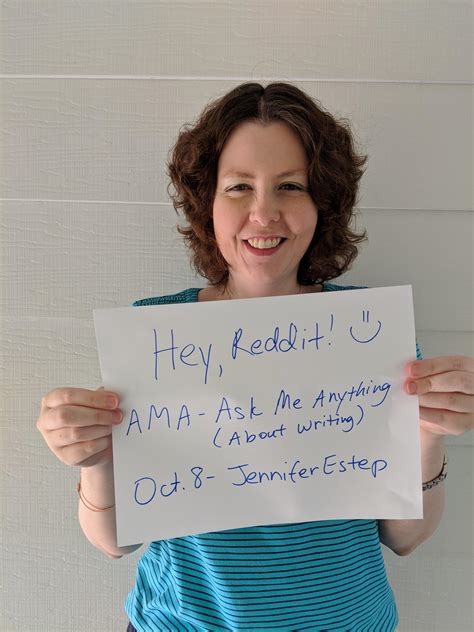A Quote by Robert Breault
To help someone in need is not charity it is proper etiquette.
Related Quotes
Perhaps the greatest charity comes when we are kind to each other, when we don’t judge or categorize someone else, when we simply give each other the benefit of the doubt or remain quiet. Charity is accepting someone’s differences, weaknesses, and shortcomings; having patience with someone who has let us down; or resisting the impulse to become offended when someone doesn’t handle something the way we might have hoped. Charity is refusing to take advantage of another’s weakness and being willing to forgive someone who has hurt us. Charity is expecting the best of each other
When we want to help the poor, we usually offer them charity. Most often we use charity to avoid recognizing the problem and finding the solution for it. Charity becomes a way to shrug off our responsibility. But charity is no solution to poverty. Charity only perpetuates poverty by taking the initiative away from the poor. Charity allows us to go ahead with our own lives without worrying about the lives of the poor. Charity appeases our consciences.
My views on charity are very simple. I do not consider it a major virtue and, above all, I do not consider it a moral duty. There is nothing wrong in helping other people, if and when they are worthy of the help and you can afford to help them. I regard charity as a marginal issue. What I am fighting is the idea that charity is a moral duty and a primary virtue.
Contribute to the world. Help people. Help one person. Help someone cross the street today. Help someone with directions unless you have a terrible sense of direction. Help someone who is trying to help you. Just help. Make an impact. Show someone you care. Say yes instead of no. Say something nice. Smile. Make eye contact. Hug. Kiss. Get naked.
The moment we use the term 'help', a kind of egocentric idea enters into us. If we help someone, that means we are in a superior position. When we help, we feel that we are one step ahead or one step higher than the ones that we are helping. But if we serve someone, then we offer our capacity with humility, on the strength of our loving concern and oneness. So let us use the proper term, 'service'.
To sacrifice the principles of manners, which require compassion and respect, and bat people over the head with their ignorance of etiquette rules they cannot be expected to know is both bad manners and poor etiquette. That social climbers and twits have misused etiquette throughout history should not be used as an argument for doing away with it.
People say when you're in love, you don't need etiquette. Well, you need it then more than anything. Or they say, "At home I can just be myself." What they mean is they can be their worst selves... They always mean they will save all their anxiety about how to behave for somebody like the head waiter of a restaurant, someone they'll never see again.
We often equate charity with visiting the sick, taking in casseroles to those in need, or sharing our excess with those who are less fortunate. But really, true charity is much, much more. Real charity is not something you give away; it is something that you acquire and make a part of yourself. And when the virtue of charity becomes implanted in your heart, you are never the same again.


































